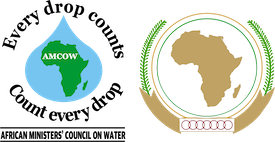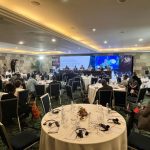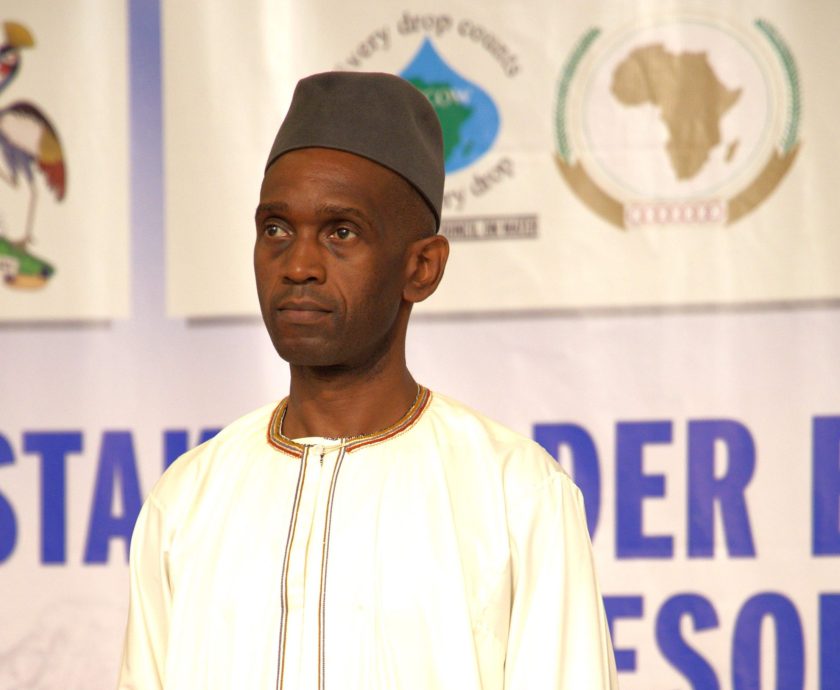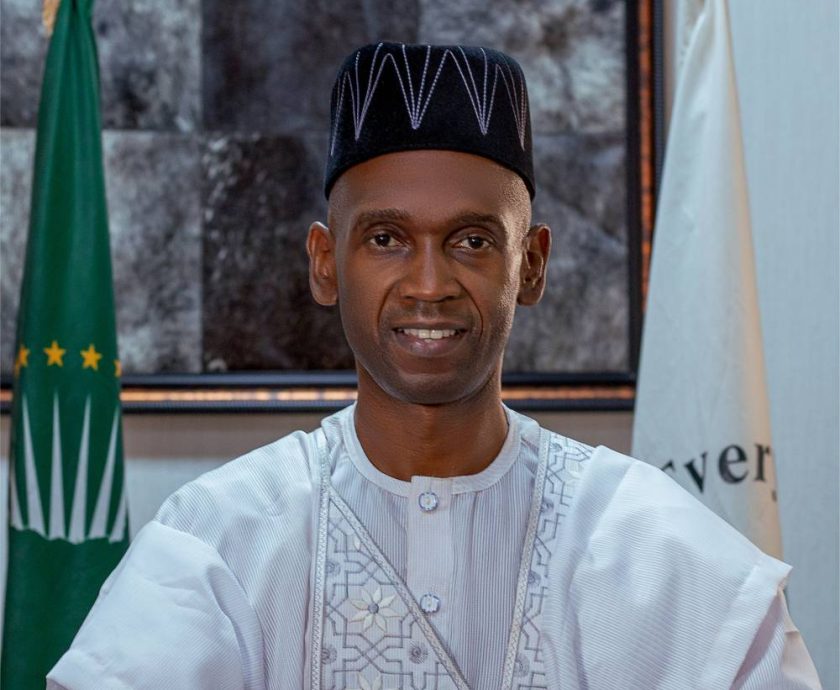10th World Water Forum: Bali, Indonesia – May 21, 2024
From 4:40 to 6:10 PM on 21 May, the 10th World Water Forum continued its critical discussions at the Africa Pavilion with a session titled “Sustained Provision of Access to Universal Resilient WASH Services.” AMCOW, WaterAid, the Kingdom of Morocco, and Mozambique convened the session in Kintamani 1.
The session tackled the pressing challenges of delivering sustainable and resilient Water, Sanitation, and Hygiene (WASH) services across Africa and shared existing solutions from various member countries. The linkages between climate change and sanitation service provision were discussed, and national approaches to achieving sustainable access to WASH services were explored. It was clear that delivering sustainable and resilient WASH services is an immense challenge in Africa, requiring solutions beyond mere infrastructure coverage.
The main topics covered include a) Financing the Water and Sanitation Sector: Discussions focused on the financial challenges and potential solutions for funding WASH infrastructure. b) Encouraging Treatment and Wastewater Reduction: Strategies to mitigate climate change impacts through effective wastewater management were explored. c) Strengthening Institutions and Policies: The importance of robust regulatory frameworks and national policies to support sustainable WASH services was emphasised.
Challenges identified were:
- Financing WASH Infrastructure: The need for substantial investment in WASH infrastructure remains a significant hurdle.
- Weak Implementation of National Commitments: Many countries struggle to implement their WASH commitments effectively.
- Inadequate Capacity for Bankable Proposals: There is a lack of capacity to develop proposals that attract the necessary funding.
During the discussions, the panellists proposed domesticating continental declarations by incorporating them into national action plans to ensure local relevance and impact. Another solution underscored was prioritising national agendas in countries’ strategic papers to attract financing from multilateral organisations.
Some attendees sought clarity on how communities in poor areas can access funding from the African Development Bank (AfDB). Others inquired why progress in WASH access is slow despite numerous conferences, declarations, and commitments, as well as the specific areas that the post-2025 Africa Water Vision will include to improve sustainable WASH services.
Key takeaway actions include prioritising financing for WASH services in the post-2025 Africa Water Vision and strengthening the policy environment for WASH. This includes policy development, regulatory frameworks, institutional reforms, and developing concrete national priorities in collaboration with finance ministries to attract funding.









